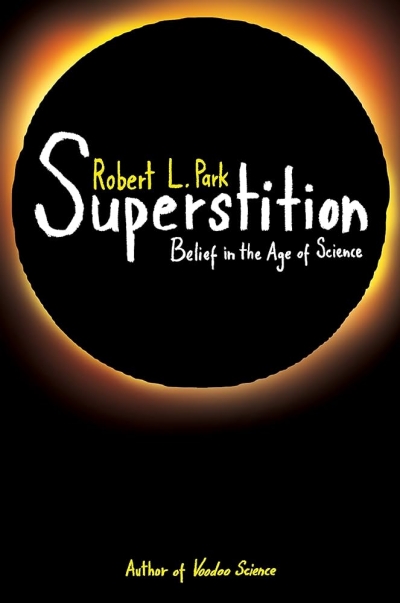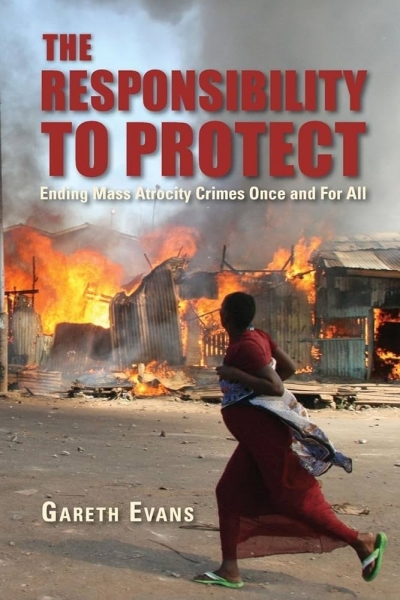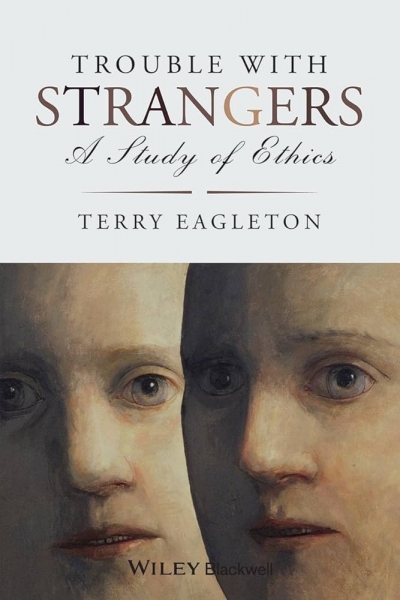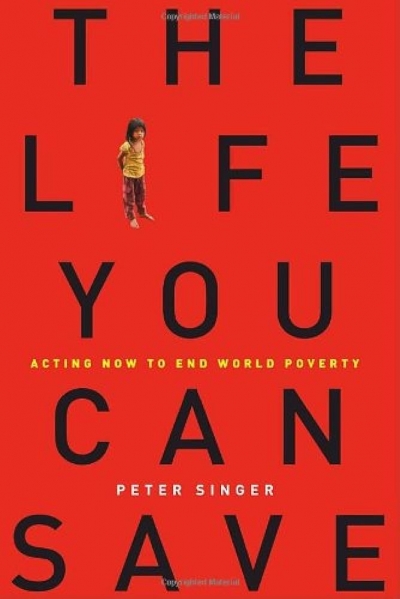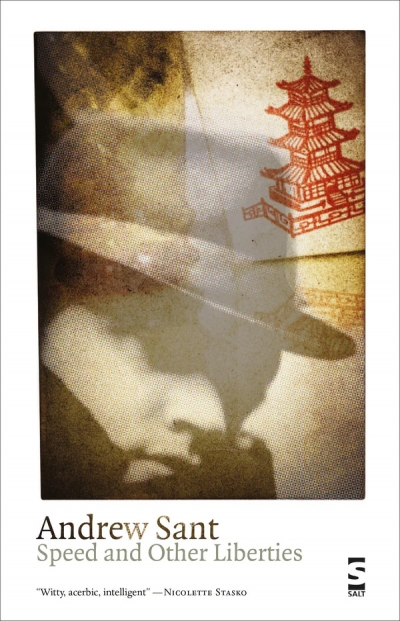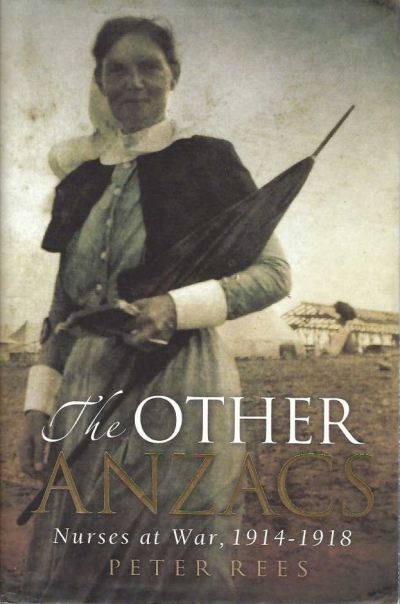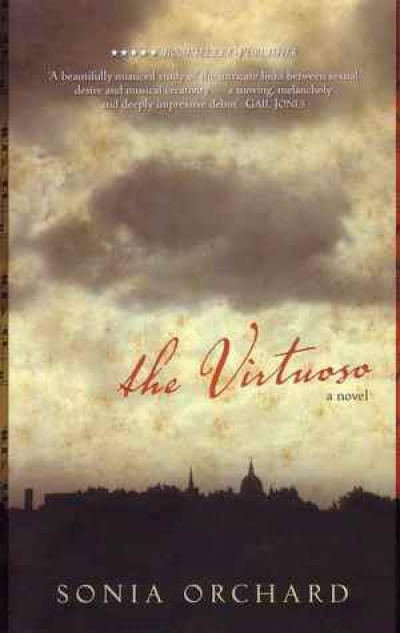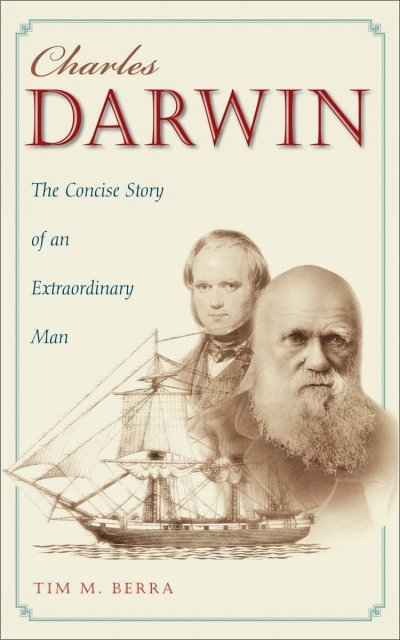Archive
In The Ghost Writer (1979), the first of the nine Philip Roth novels in which Nathan Zuckerman plays a major role, the young Zuckerman uses a family squabble over an inheritance as the basis for a short story. His father is appalled. Why would Nathan depict his own family in such an unflattering light, perpetuate negative Jewish stereotypes, and give ammunition to anti-Semites? ‘You are not somebody who writes this kind of story and then pretends it’s the truth,’ his father despairs. ‘But I did write it,’ Nathan replies. ‘I am the kind of person who writes this kind of story.’
... (read more)Traditionally, there has been an almost physical force, like a law of gravitation, making Australian literature’s visibility in the United States an elusive phenomenon. This is not, contrary to received opinion, because Australian literature did not meet world standards. It is hard to conceive of Christopher Brennan, Joseph Furphy, and John Shaw Neilson not meeting ‘world standards’. What does this mean, anyway? It seems to indicate not just that the work is of merit but that it is aware of wider literary and cultural conversations. Brennan and Furphy’s overt intertextualities show their enmeshment with global literary developments. Neilson’s cosmopolitanism, as Helen Hewson has shown, is there, but is admittedly more difficult to discern. Yet Neilson’s poetry makes demands that show that pure poetry can be as indicative of sophistication as heavily allusive verse, as in ‘Song Be Delicate’:
... (read more)
